Hydration Myths Debunked: 10 Healthy Drinks That Truly Hydrate
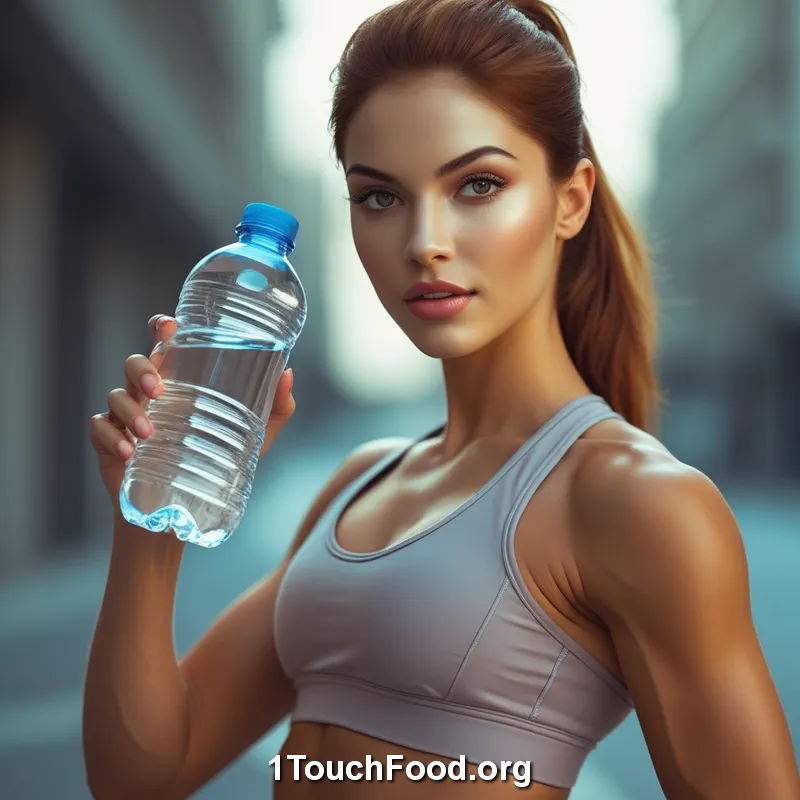
Water is the essence of life, yet myths about hydration persist, clouding our understanding of how to stay properly hydrated. The topic of hydration myths debunked is critical because misinformation can lead to poor health choices, from overhydration to dehydration. Many of us have heard claims like “you must drink eight glasses of water daily” or “caffeine dehydrates you,” but how much truth lies behind these statements? This article dives deep into common misconceptions about hydration, offering evidence-based insights to help you achieve proper fluid intake.
By debunking these myths, we aim to empower you with the knowledge to make informed decisions about your hydration habits. Let’s explore the science, clear up confusion, and set the stage for healthier hydration practices.
Understanding Hydration: What It Really Means
The Role of Water in the Body
Water makes up about 60% of the human body, playing a vital role in regulating temperature, aiding digestion, and supporting cellular functions. Despite its importance, hydration myths debunked reveal that not all advice about water intake is accurate. Hydration isn’t just about drinking water; it involves maintaining a balance of fluids and electrolytes. The body loses water through sweat, urine, and even breathing, so replenishing it correctly is key.
Why Myths Persist
Common misconceptions about hydration often stem from outdated advice or oversimplified health trends. For example, the “eight glasses a day” rule has been widely circulated, yet it lacks scientific backing for everyone. Factors like age, activity level, and climate influence individual hydration needs. Misinformation also spreads through marketing, such as sports drinks claiming superior hydration benefits. Understanding the science behind proper fluid intake helps us separate fact from fiction and tailor hydration to our unique needs.
How Much Water Do You Really Need?
There’s no one-size-fits-all answer to hydration. The National Academy of Medicine suggests about 3.7 liters for men and 2.7 liters for women daily, including fluids from food and beverages. However, this varies based on lifestyle. Athletes or those in hot climates may need more, while sedentary individuals may need less. Recognizing these variables is the first step in debunking hydration myths and adopting a personalized approach.
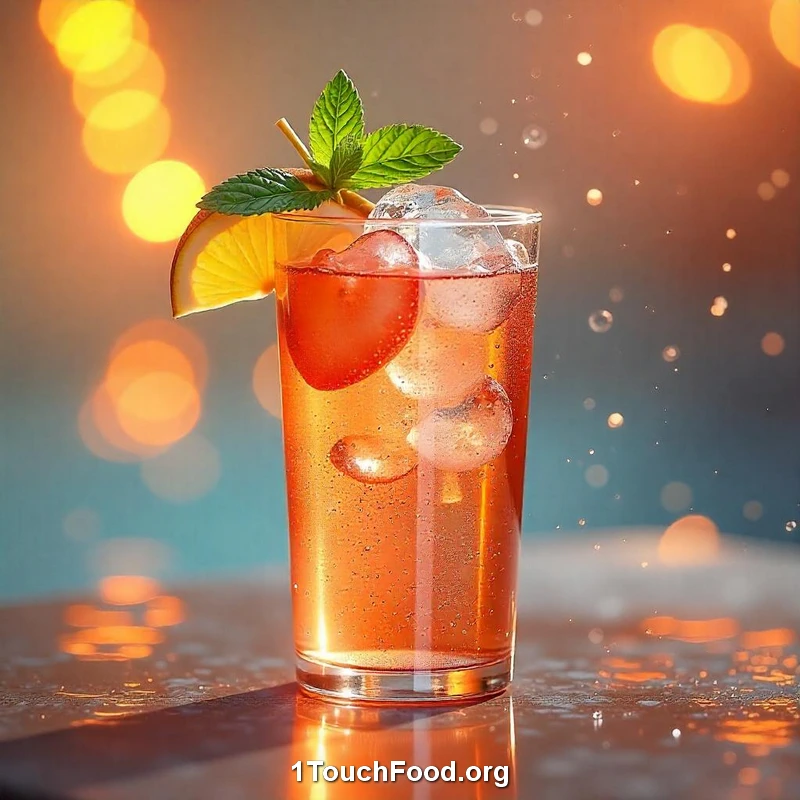
Benefits of Proper Hydration
Boosting Physical Performance
Proper fluid intake is essential for peak physical performance. Dehydration, even at mild levels, can reduce endurance, impair strength, and cause fatigue. Studies show that losing just 2% of body weight in fluids can decrease exercise performance significantly. Staying hydrated supports muscle function, reduces the risk of cramps, and helps maintain energy levels, making it crucial for athletes and active individuals.
Supporting Mental Clarity
Hydration isn’t just about the body—it’s critical for the brain. Dehydration can impair focus, mood, and cognitive performance. Research indicates that even mild dehydration can lead to headaches and difficulty concentrating. By debunking hydration myths, we learn that consistent fluid intake supports mental clarity, helping you stay sharp throughout the day.
Enhancing Overall Health
Beyond performance, proper fluid intake promotes overall health. It aids digestion, prevents constipation, and supports kidney function by flushing out toxins. Hydration also keeps skin healthy and resilient, though the idea that water alone prevents wrinkles is one of the common misconceptions we’ll address later. Proper hydration is a cornerstone of wellness, but it’s about balance, not excess.
Avoiding the Pitfalls of Misinformation
Believing in hydration myths can lead to overhydration, which strains the kidneys and dilutes electrolytes, or underhydration, which risks health complications. By focusing on evidence-based practices, you can avoid these pitfalls and optimize your health. Understanding the benefits of hydration empowers you to make choices grounded in science, not hype.
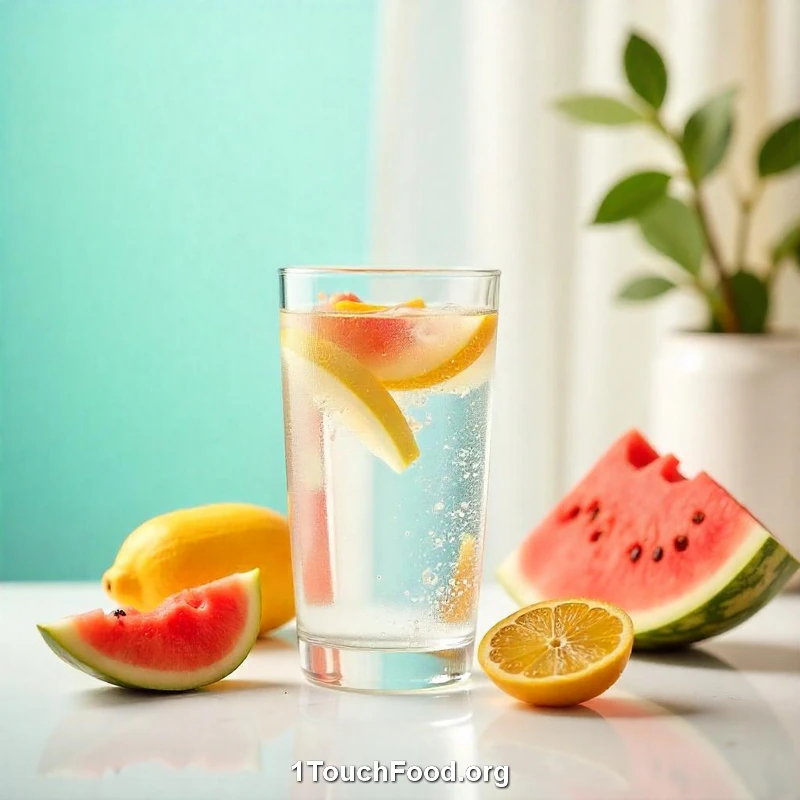
Common Misconceptions About Hydration
Myth 1: You Must Drink Eight Glasses of Water Daily
One of the most widespread hydration myths debunked is the “eight glasses a day” rule. While it’s a catchy guideline, it’s not universally applicable. Hydration needs vary based on body size, activity level, climate, and diet. For instance, someone who eats water-rich foods like fruits and vegetables may need less supplemental water. The Institute of Medicine’s guidelines (3.7 liters for men, 2.7 liters for women, including all fluids) are a starting point, but listening to your body’s thirst cues is equally important. Overfollowing this rule can lead to unnecessary water consumption, putting strain on the kidneys.
Myth 2: Caffeine Dehydrates You
Another common misconception is that caffeinated drinks like coffee and tea dehydrate you. While caffeine has a mild diuretic effect, research shows that moderate consumption of caffeinated beverages contributes to daily fluid intake. A 2014 study in PLOS ONE found that coffee, when consumed in moderation, hydrates similarly to water. So, your morning cup can count toward proper fluid intake, debunking the myth that all caffeine is harmful to hydration.
Myth 3: Sports Drinks Are Always Better Than Water
Sports drinks are marketed as hydration superstars, but they’re not always necessary. For most people, water is sufficient for daily hydration. Sports drinks can benefit athletes engaging in prolonged, intense exercise by replenishing electrolytes like sodium and potassium. However, for casual activities or sedentary lifestyles, their high sugar and calorie content can be a drawback. Understanding when to choose water over sports drinks is key to avoiding this common misconception and maintaining balanced hydration.
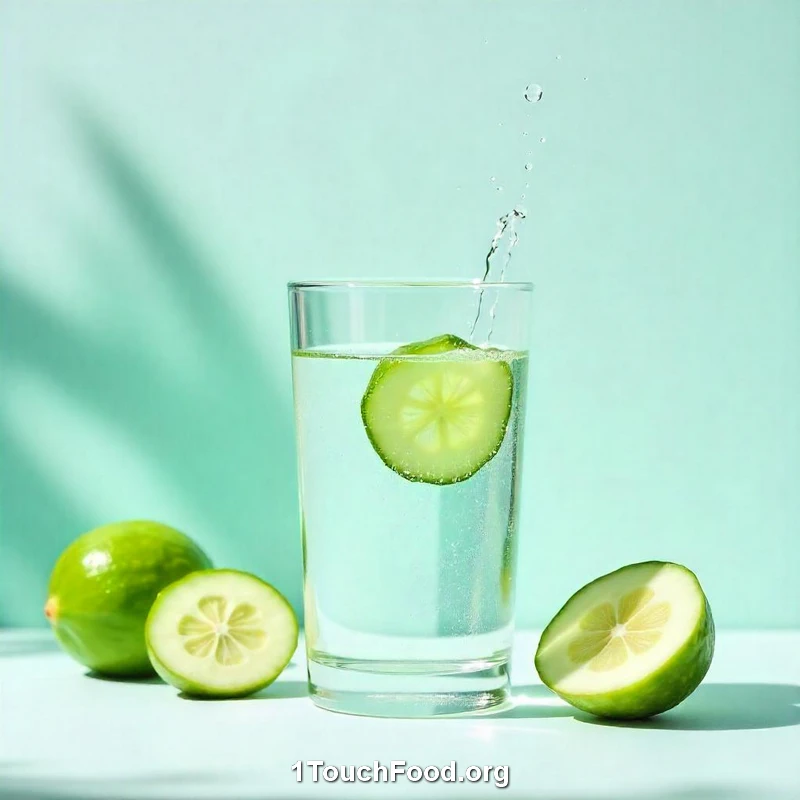
Strategies for Proper Fluid Intake
Listen to Your Body’s Signals
Achieving proper fluid intake starts with paying attention to your body. Thirst is a reliable indicator of hydration needs, but subtle signs like dry mouth, fatigue, or dark urine can also signal dehydration. Conversely, clear urine doesn’t always mean optimal hydration—overhydration can dilute electrolytes, leading to health issues like hyponatremia. A practical tip is to sip water throughout the day rather than chugging large amounts at once, which supports consistent hydration without overwhelming the body.
Incorporate Hydrating Foods
Water isn’t the only source of hydration. Foods like cucumbers, watermelon, oranges, and soups contribute significantly to proper fluid intake. These foods provide water along with essential nutrients and electrolytes, enhancing overall hydration. For example, watermelon is over 90% water and rich in potassium, making it a natural hydrator. Including these in your diet reduces reliance on drinking water alone and helps debunk the myth that only plain water counts toward hydration goals.
Tailor Hydration to Your Lifestyle
Your hydration needs are unique. Athletes, pregnant women, or those in hot climates require more fluids than sedentary individuals in cooler environments. For instance, a runner training in summer may need 4–5 liters daily, while an office worker might thrive on 2–3 liters. Use tools like hydration apps or consult a healthcare provider to estimate your needs. This personalized approach ensures proper fluid intake while avoiding the pitfalls of common misconceptions like one-size-fits-all hydration rules.
Practical Tips for Staying Hydrated
To make hydration a habit, keep a reusable water bottle handy, set reminders to drink, or infuse water with fruits for flavor. If you struggle to meet your fluid goals, try incorporating herbal teas or low-sugar electrolyte drinks for variety. These strategies help maintain proper fluid intake without falling for myths that oversimplify or exaggerate hydration needs.
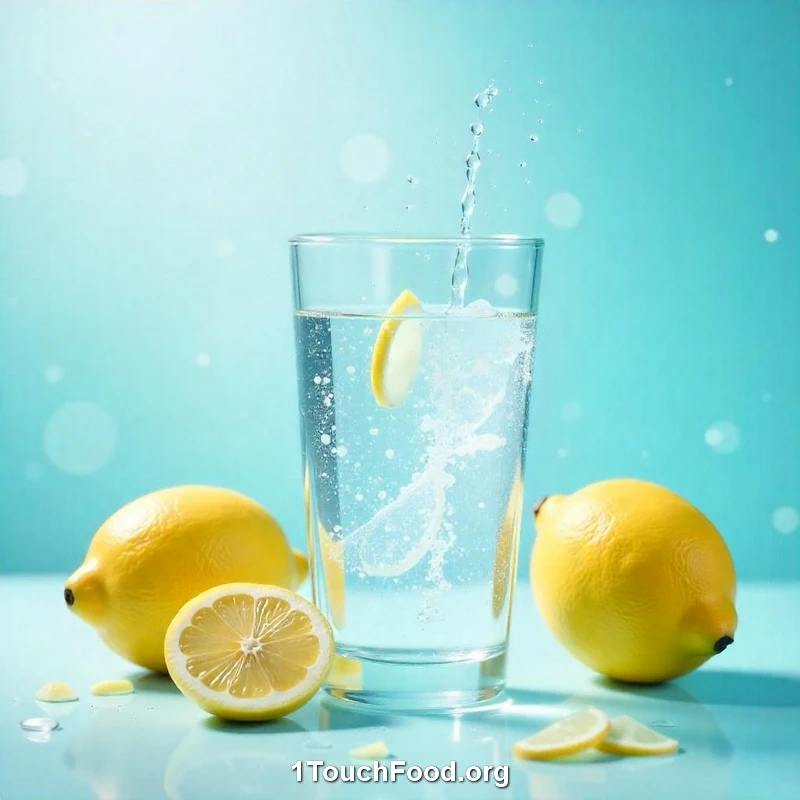
10 Healthy Hydration Recipes That Bust Common Myths
1. Cucumber Mint Detox Water
Ingredients: ½ cucumber (sliced), 5 mint leaves, 1 liter of cold water
Instructions: Combine all ingredients in a pitcher. Let it infuse in the fridge for 2 hours. Drink chilled.
2. Coconut Electrolyte Shot
Ingredients: ½ cup coconut water, 1 tsp lemon juice, pinch of sea salt
Instructions: Stir all ingredients together and drink immediately for a quick hydration boost.
3. Watermelon Lime Refresher
Ingredients: 1 cup fresh watermelon chunks, juice of ½ lime, ice
Instructions: Blend all ingredients until smooth. Serve cold.
4. Chia Lemon Hydration Mix
Ingredients: 1 tsp chia seeds, 1 cup water, juice of 1 lemon
Instructions: Mix and let sit for 15 minutes until chia swells. Stir and enjoy.
5. Aloe Cucumber Cooler
Ingredients: 2 tbsp aloe vera juice, ½ cucumber, 1 cup cold water
Instructions: Blend everything and strain if desired. Serve over ice.
6. Berry Coconut Smoothie
Ingredients: ½ cup frozen berries, ½ cup coconut water, ½ banana
Instructions: Blend until creamy. Great post-workout hydration.
7. Citrus Basil Infused Water
Ingredients: 2 orange slices, 2 lemon slices, 3 basil leaves, 1 liter water
Instructions: Add everything to a pitcher and chill for 1–2 hours.
8. Green Apple Electrolyte Juice
Ingredients: 1 green apple, 1 celery stalk, pinch of salt, ½ cup water
Instructions: Juice or blend, then strain. A natural electrolyte booster.
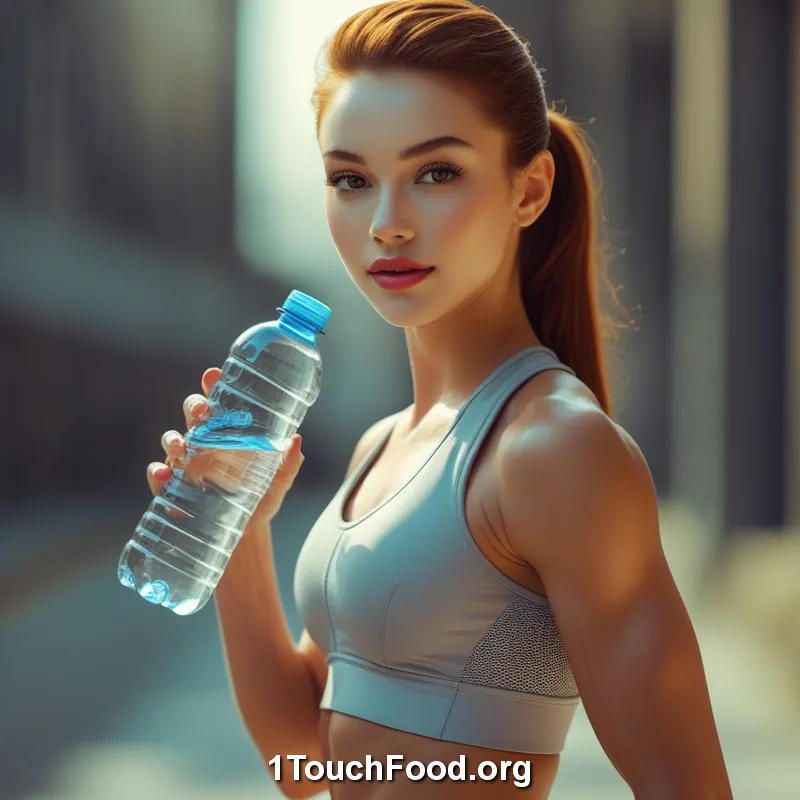
9. Strawberry Hibiscus Iced Tea
Ingredients: 1 hibiscus tea bag, 3 strawberries, 1 cup water
Instructions: Brew tea, blend with strawberries, chill and serve over ice.
10. Coconut Pineapple Hydration Punch
Ingredients: ½ cup pineapple juice, ½ cup coconut water, splash of lime
Instructions: Mix well and serve cold. Ideal for hot days.
Comparing Hydration Methods: Water vs. Alternatives
Water vs. Sports Drinks vs. Food-Based Hydration
Understanding the best hydration method depends on your lifestyle and needs. Below, we compare three common approaches—water, sports drinks, and hydrating foods—to clarify their roles in achieving proper fluid intake. This analysis debunks common misconceptions about which method is universally superior.
|
Hydration Method |
Pros |
Cons |
Best For |
|---|---|---|---|
|
Water |
Zero calories, widely available, cost-effective |
Lacks electrolytes for intense exercise |
Everyday hydration, most people |
|
Sports Drinks |
Replenishes electrolytes, quick hydration for athletes |
High in sugar, unnecessary for casual use |
Endurance athletes, prolonged exercise |
|
Hydrating Foods |
Nutrient-rich, contributes to fluid intake, flavorful |
Slower to consume, less portable |
Balanced diets, supplemental hydration |
Key Takeaways
Water remains the gold standard for most people due to its simplicity and effectiveness. Sports drinks are useful for intense physical activity lasting over an hour, but their benefits are overstated for casual use—a common misconception. Hydrating foods like fruits and vegetables enhance proper fluid intake by providing water and nutrients, making them a valuable addition to any hydration plan. Choose based on your activity level and dietary preferences to avoid falling for hydration myths.
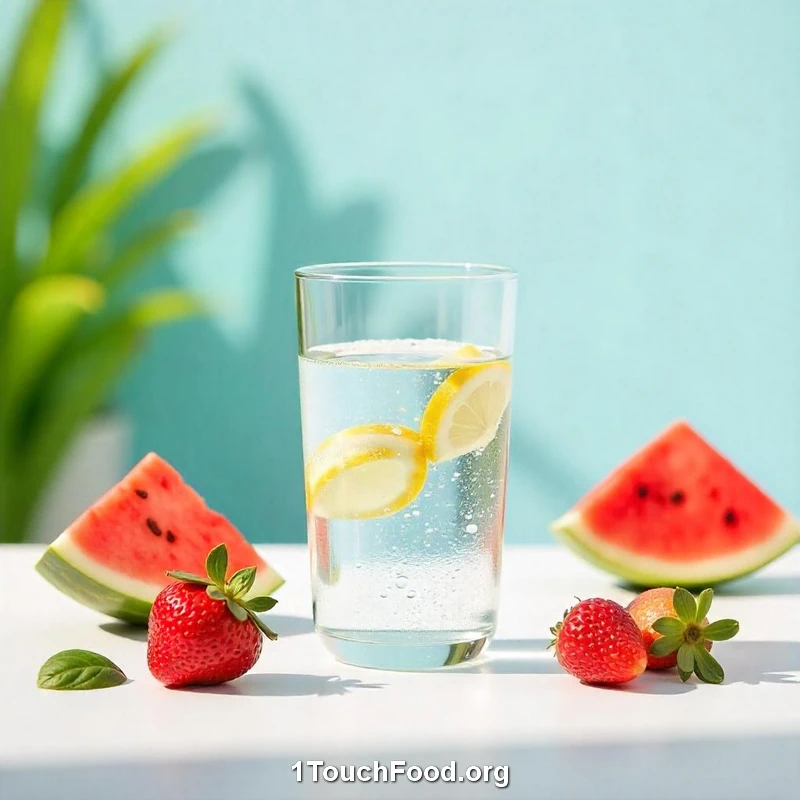
Practical Tips for Optimal Hydration
Create a Hydration Routine
To achieve proper fluid intake, build a consistent hydration routine. Start your day with a glass of water to kickstart your system. Carry a reusable water bottle and sip regularly, aiming for small, frequent intakes rather than large gulps. Set reminders on your phone or use apps like WaterMinder to track your intake. Infusing water with lemon, mint, or cucumber can make drinking more enjoyable, encouraging consistency without relying on sugary drinks.
Adjust for Activity and Environment
Your hydration needs fluctuate based on activity and climate. If you’re exercising, aim to drink 500–600 ml of water two hours before, and 150–300 ml every 15–20 minutes during intense workouts. In hot or humid conditions, increase your intake to compensate for sweat loss. For example, a 30-minute run in summer may require an extra 500 ml of fluid. This tailored approach helps debunk hydration myths about fixed water quotas.
Monitor Your Hydration Status
Check your hydration levels by observing urine color—pale yellow indicates good hydration, while dark yellow suggests you need more fluids. Weigh yourself before and after exercise; a 1–2% weight loss signals mild dehydration. These practical checks ensure proper fluid intake and help you avoid overhydration, which can dilute electrolytes and cause health issues.
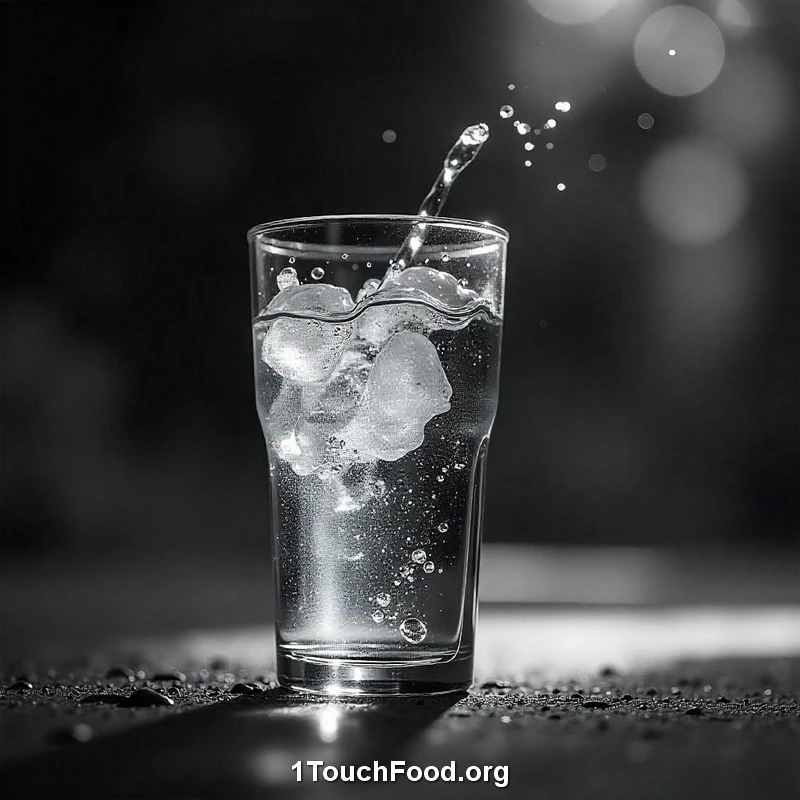
FAQs About Hydration Myths Debunked
Do I Really Need Eight Glasses of Water Daily?
No, the “eight glasses a day” rule is a myth. Hydration needs vary by individual, and proper fluid intake includes water from food and other beverages. Listen to your thirst and adjust based on activity and climate.
Does Drinking More Water Clear My Skin?
While hydration supports overall health, there’s no direct evidence that drinking more water alone clears acne or prevents wrinkles. This is a common misconception. A balanced diet and skincare routine are more effective for skin health.
Are All Beverages Equally Hydrating?
Not quite. Water, tea, and even coffee contribute to hydration, but sugary drinks or alcohol can have diuretic effects in excess. Prioritize water and low-sugar options for proper fluid intake.
Can I Overhydrate?
Yes, drinking too much water can lead to hyponatremia, a condition where sodium levels drop dangerously low. Balance is key to avoiding this hydration myth.
Conclusion
Debunking hydration myths empowers you to make informed choices for better health. From understanding that the “eight glasses” rule isn’t universal to recognizing the role of hydrating foods, this guide has clarified common misconceptions and outlined strategies for proper fluid intake. By tailoring your hydration to your lifestyle, monitoring your body’s signals, and choosing the right fluids, you can optimize your well-being without falling for outdated advice. This article is now complete, equipping you with the knowledge to hydrate smarter and thrive.
Enjoy! See our youtube. Quench your thirst and revitalize your body with our collection of refreshing and hydrating recipes. All athletes must pay close attention to their nutrition to achieve optimal performance. You can see CookBook for athletes and Building a Bigger Butt. Its very useful for athletes.


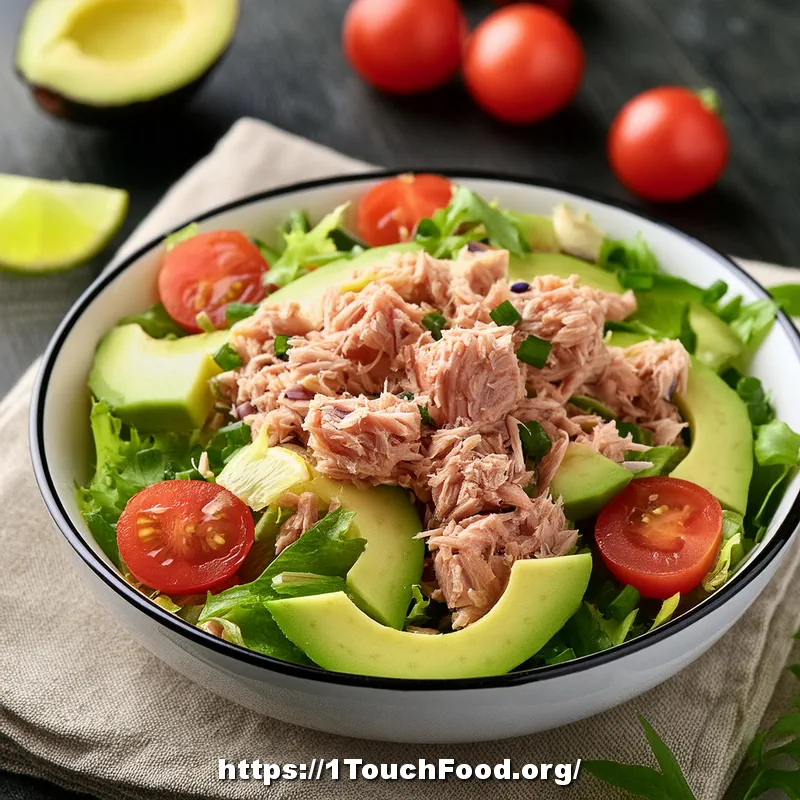
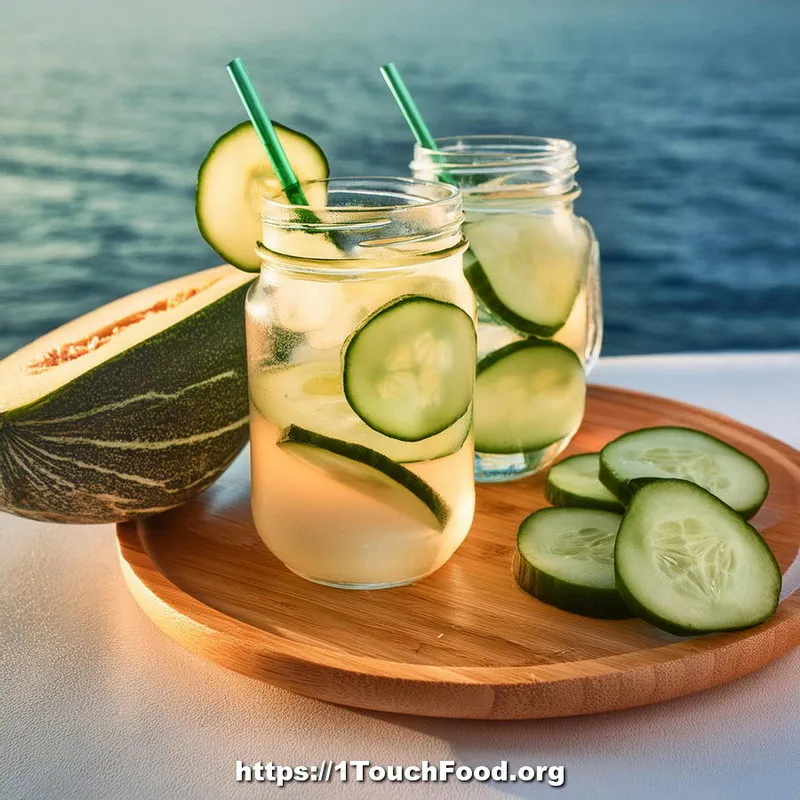

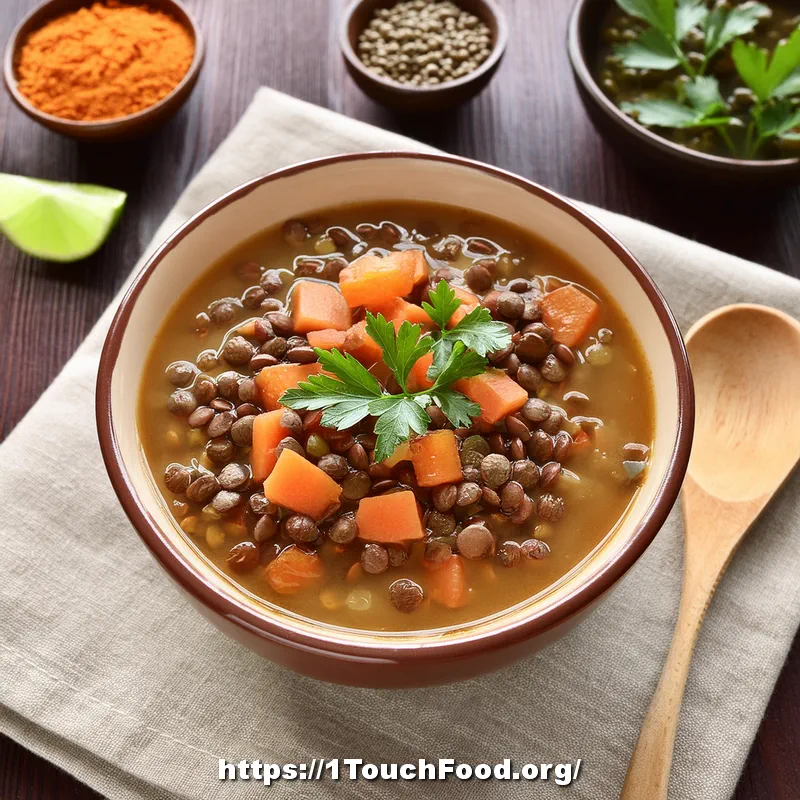



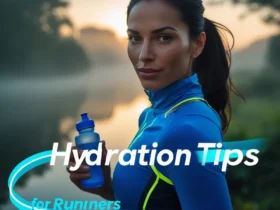

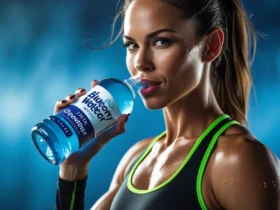

Leave a Reply